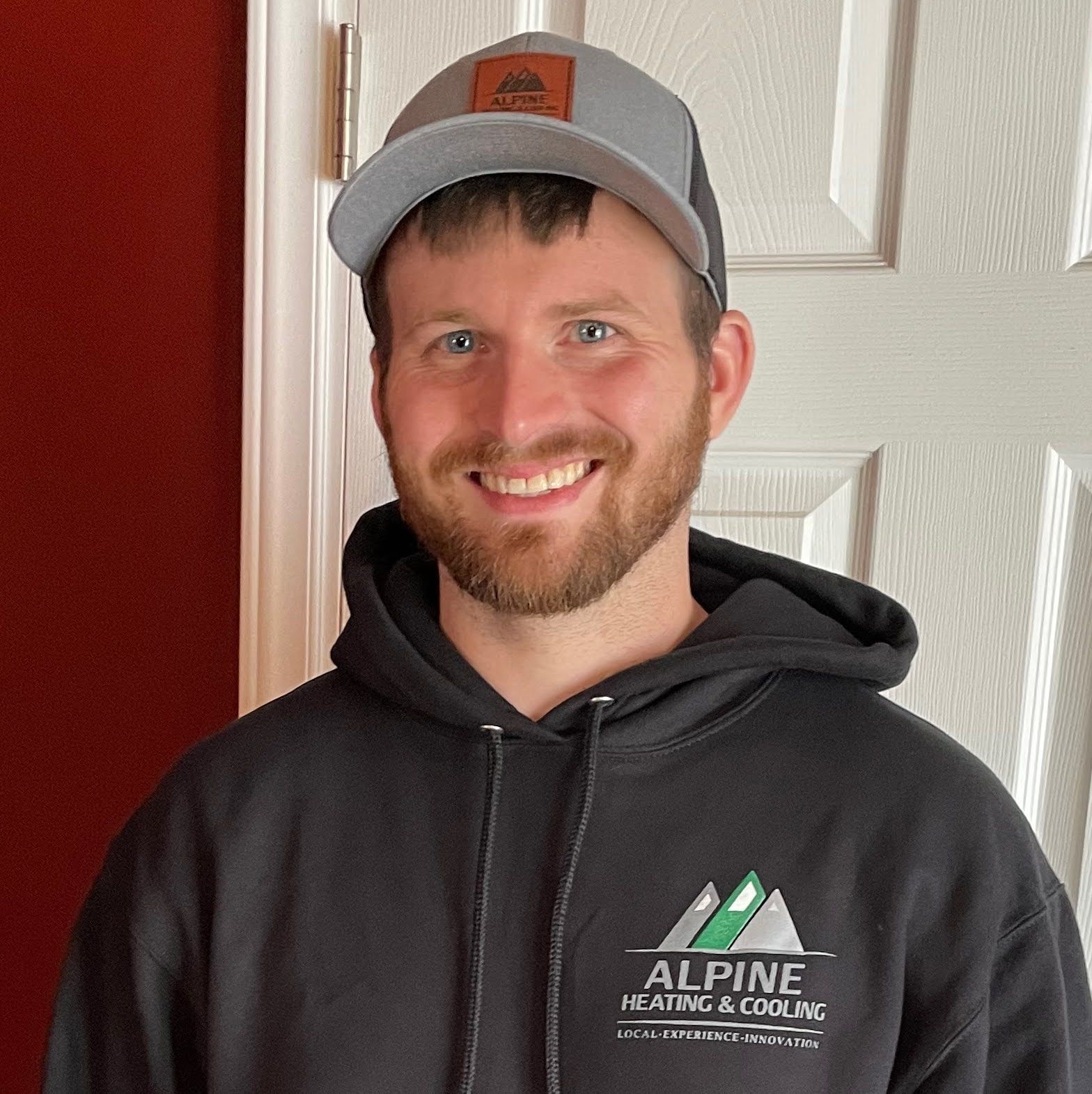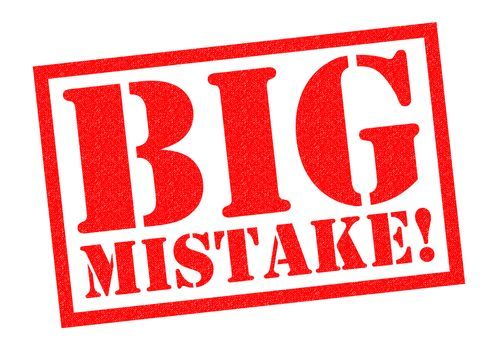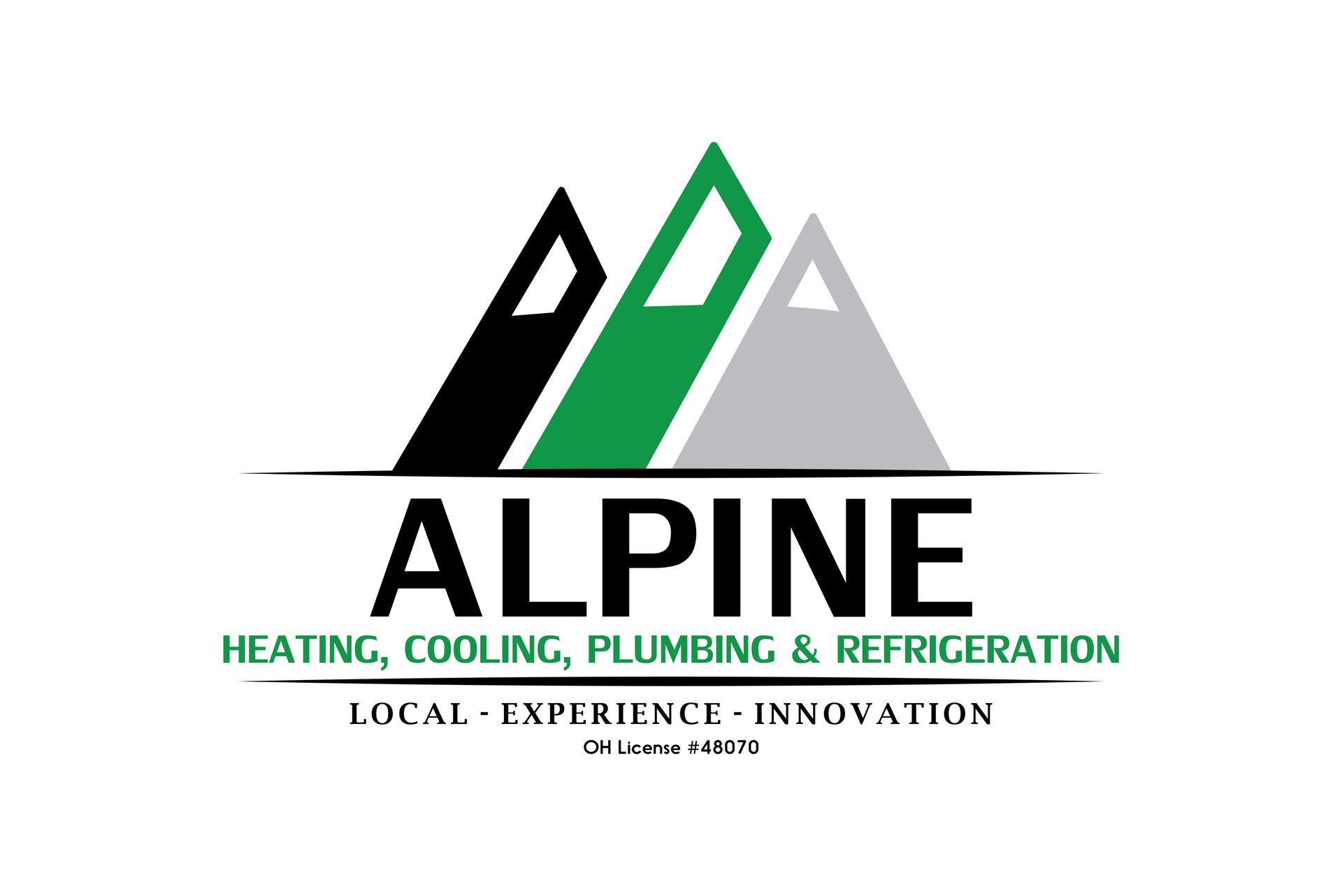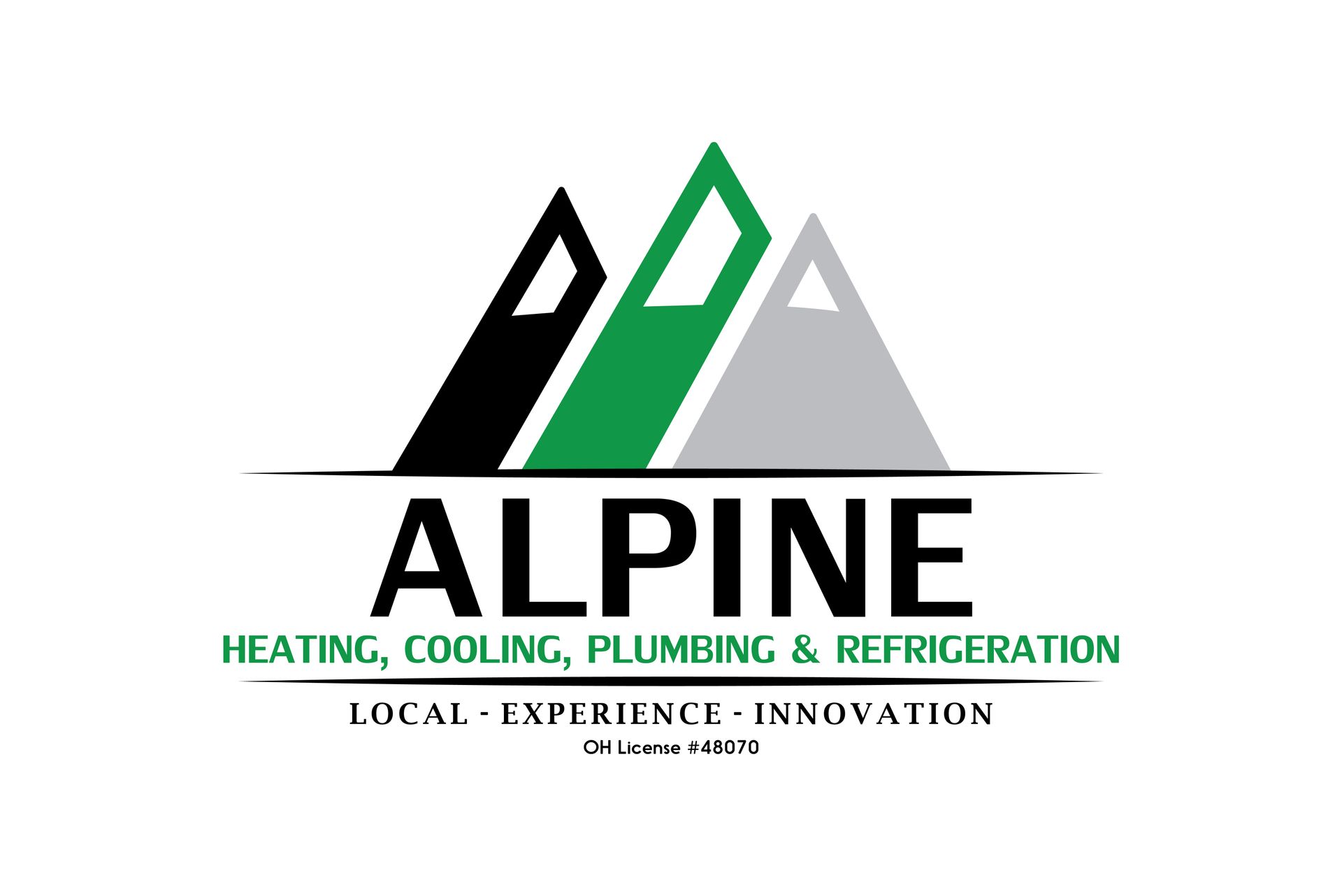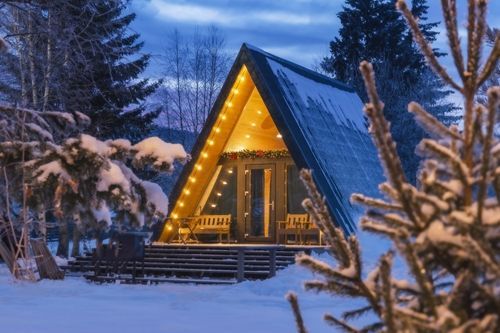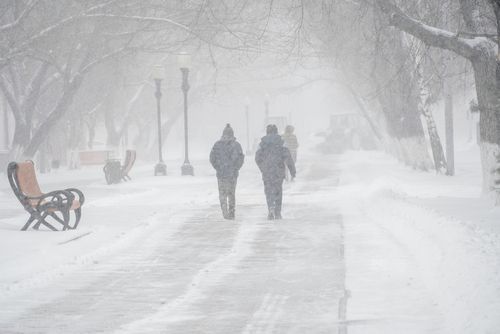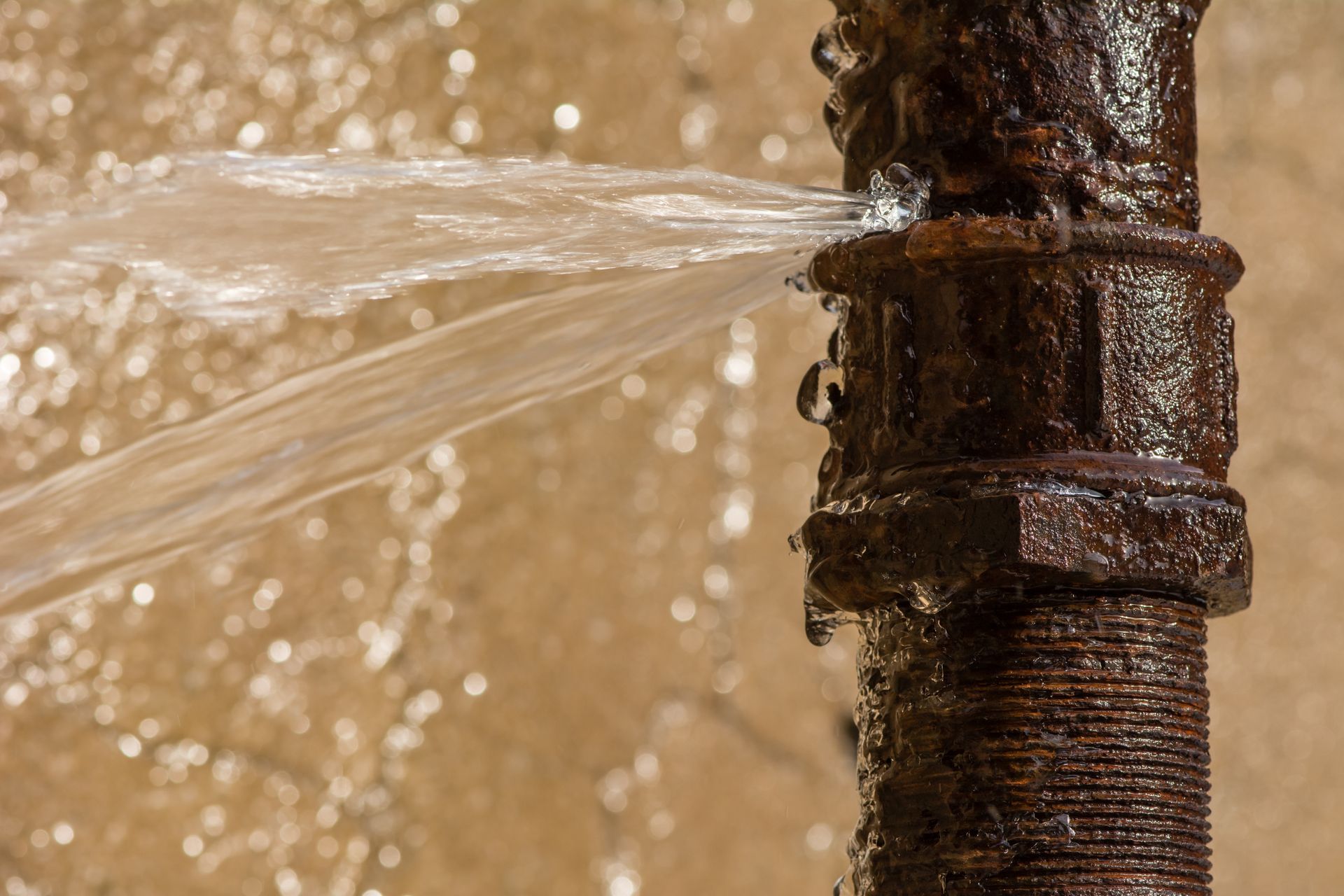The Future of the Furnace
The Rise of Heat Pumps
Heat pumps have emerged as a cornerstone in the future of home heating in the U.S. These devices transfer heat from external sources—such as air, ground, or water—into homes, providing both heating and cooling capabilities. Their efficiency is notable; for instance, air source heat pumps can deliver up to three times more heat energy than the electrical energy they consume. This efficiency not only reduces energy bills but also decreases greenhouse gas emissions. In fact, a typical U.S. home can cut its heating-related climate pollution by 45% to 72% by swapping out a gas-fired furnace for an electric heat pump.
The adoption of heat pumps in the U.S. has been on the rise. In 2022, heat pump sales surpassed those of gas furnaces, with 4.3 million units sold compared to 3.9 million gas furnaces.
This trend indicates a growing preference for energy-efficient heating solutions among American homeowners.
Policy and Regulatory Shifts
Government policies play a pivotal role in shaping the future of home heating. The Inflation Reduction Act (IRA), enacted in 2022, represents the largest investment in addressing climate change in American history, allocating over $391 billion to reduce carbon emissions. The IRA offers substantial incentives for homeowners to adopt energy-efficient technologies, including tax credits covering 30% of the cost for installing heat pumps, rooftop solar, and high-efficiency HVAC systems. These incentives aim to make sustainable heating solutions more accessible and affordable.
However, recent policy changes have introduced complexities. In early 2025, the Trump administration announced delays in implementing energy and water efficiency mandates for various household appliances, including central air conditioners and washing machines. The Department of Energy postponed seven efficiency mandates established under the previous administration, citing a need to reduce consumer costs and increase product choices.
These shifts underscore the dynamic nature of energy policies and their direct impact on home heating technologies.
Innovations in Geothermal Energy
Beyond traditional heat pumps, geothermal energy presents a promising avenue for sustainable home heating. Geothermal heat pumps utilize the consistent temperatures beneath the Earth's surface to provide heating and cooling. A recent analysis by the U.S. Department of Energy highlights that geothermal heat pumps can decarbonize buildings and the grid while reducing transmission needs and saving energy.
While initial installation costs can be high, ongoing technological advancements and potential cost reductions make geothermal energy a viable option for the future.
Challenges and Considerations
Despite the advantages, the transition to advanced heating systems faces challenges. Upfront costs for installing heat pumps or geothermal systems can be significant, even with available tax credits and rebates. Additionally, recent policy changes, such as the delay in implementing energy efficiency standards, may create uncertainty for consumers considering these investments. Furthermore, the performance of heat pumps can be affected by extreme weather conditions, necessitating advancements in technology to ensure reliability across diverse climates.
Conclusion
The future of home heating in the United States is poised at the intersection of sustainability, technology, and policy. While heat pumps and geothermal energy offer promising paths forward, addressing cost barriers, navigating policy changes, and ensuring technological resilience are crucial. As homeowners and policymakers navigate this transition, informed decisions and proactive measures will be essential in creating efficient, resilient, and environmentally friendly heating systems for the future.
If you are in need of service on your current HVAC system please give us a call and we'd be glad to begin the process of evaluating your needs along with your budget and coming up with a plan for your heating, cooling & air quality needs.
330.263.0013 or 419.281.1919 or 330.359.7114
sales@alpine-services.com
